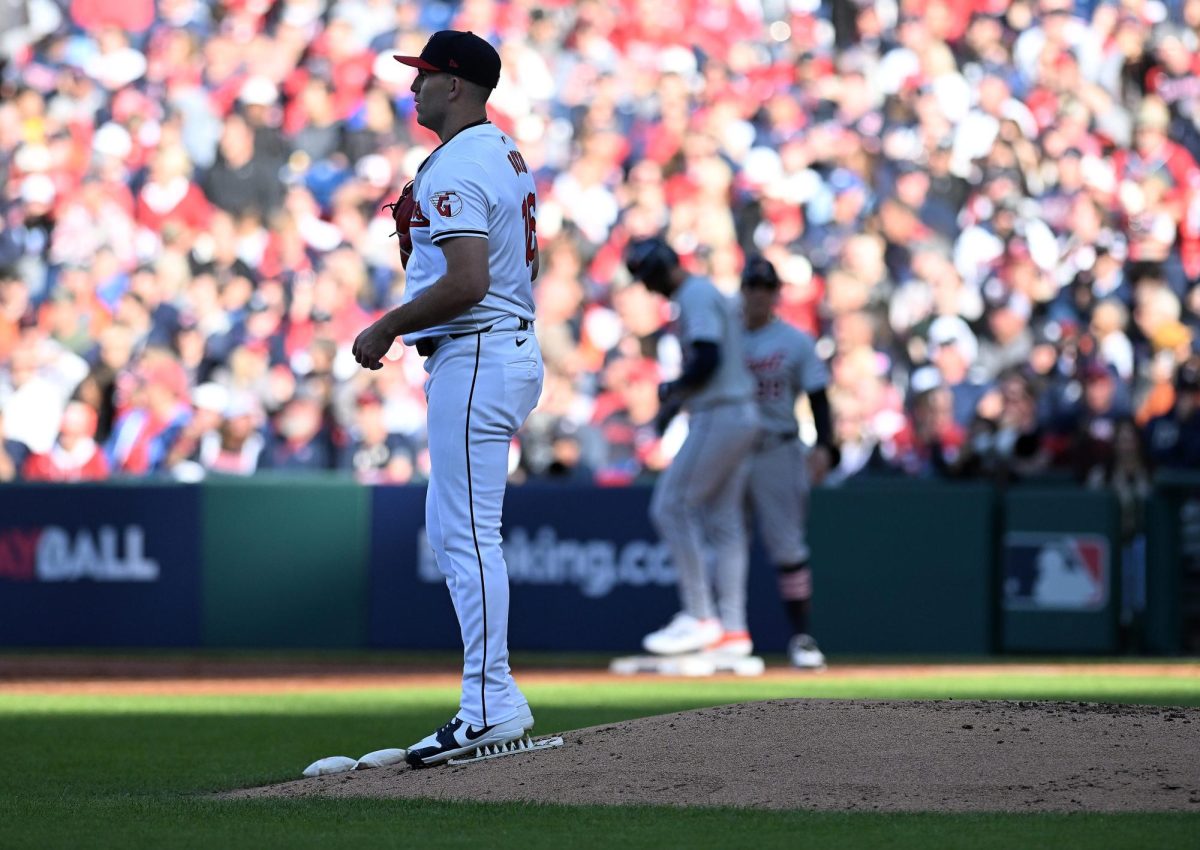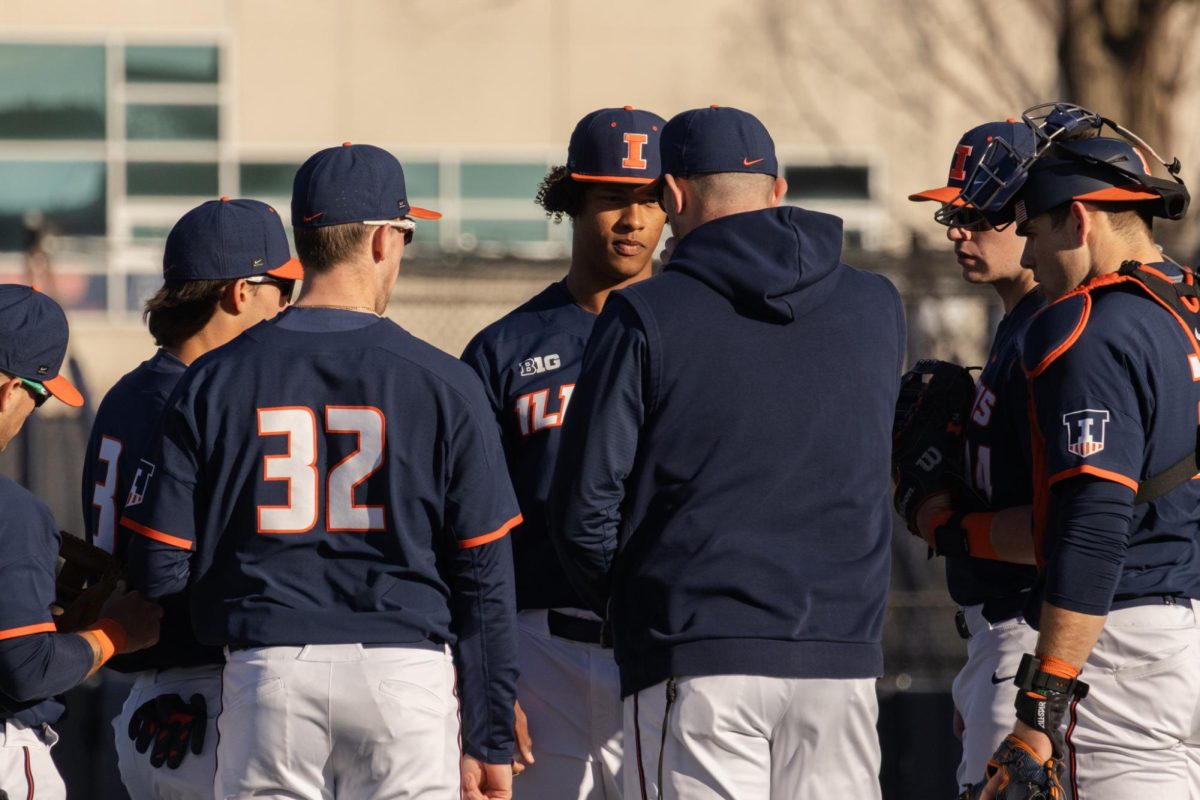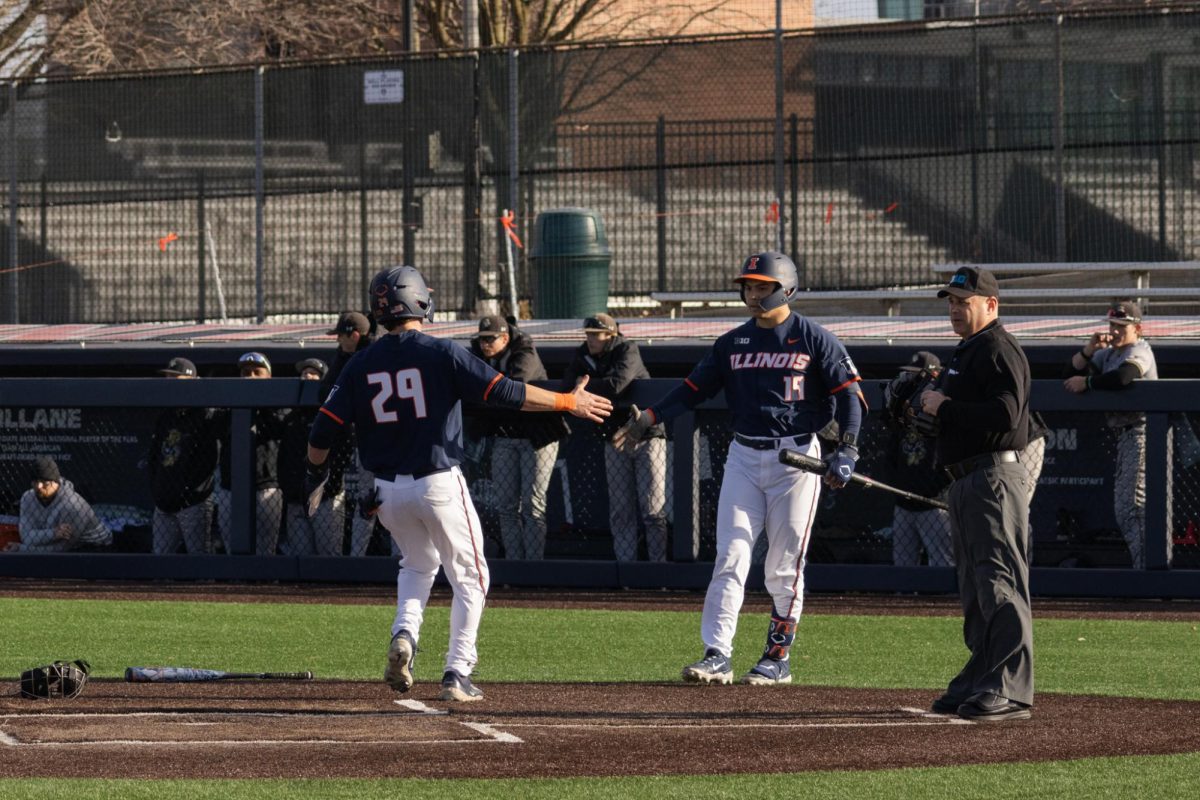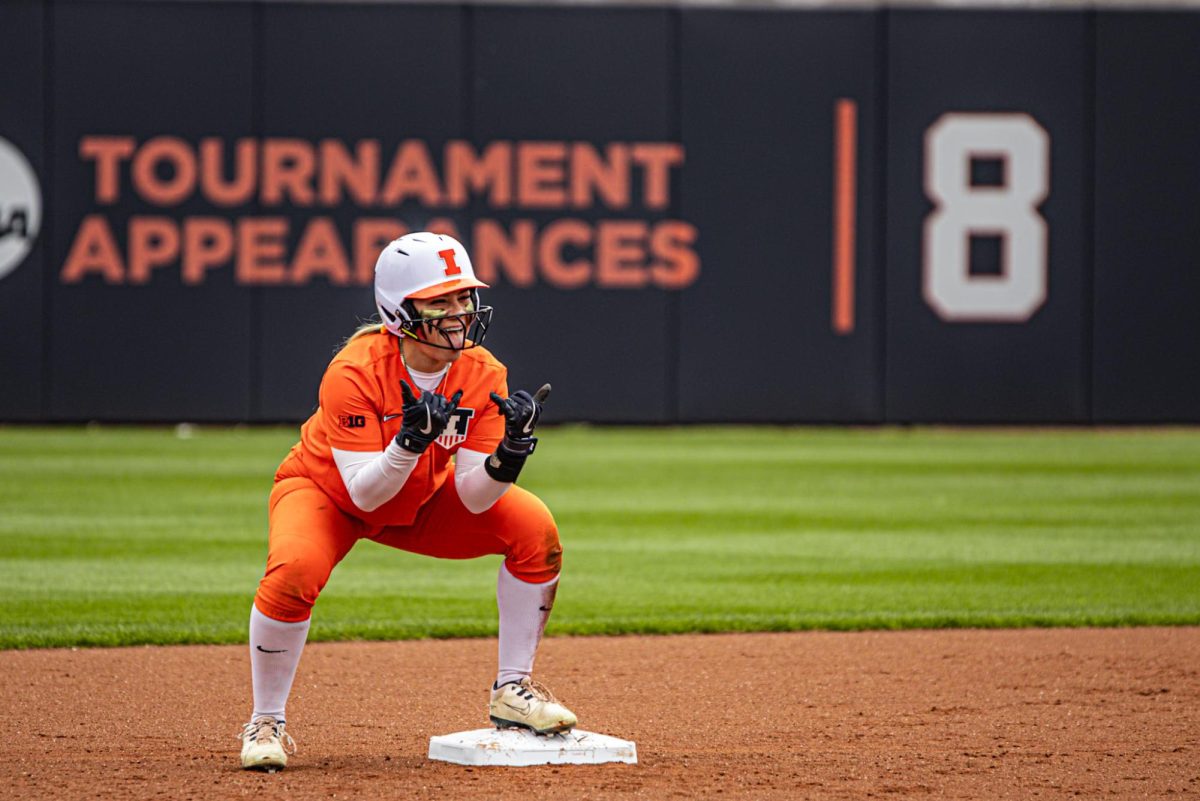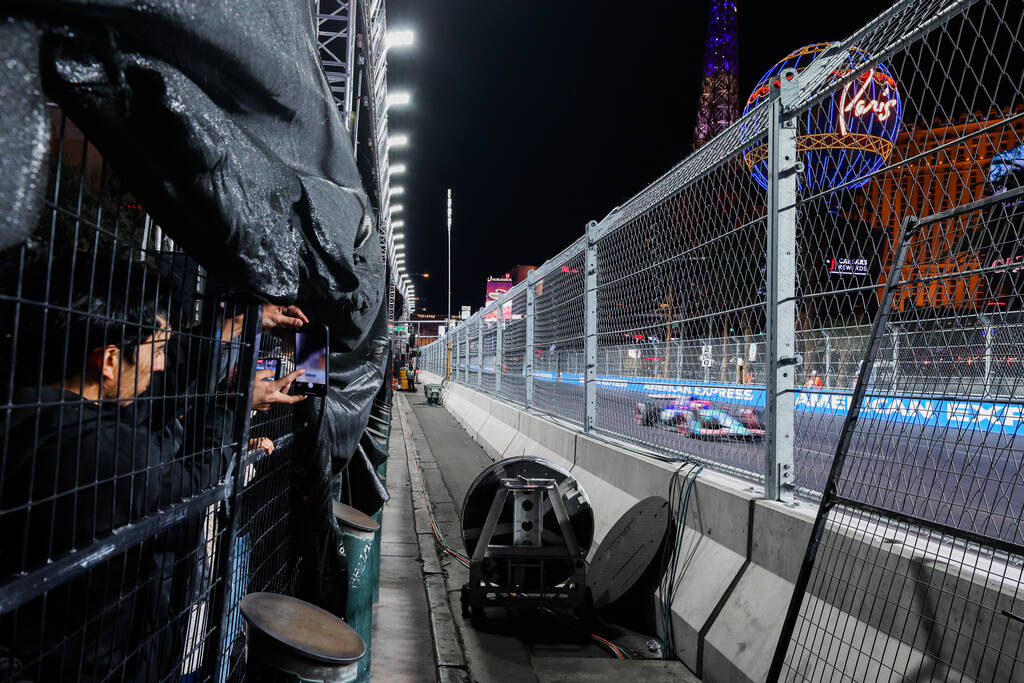If you’re a baseball fan, you’ve heard of Rowdy Tellez in the last week. If you don’t like baseball, this issue still pertains to your sport.
Tellez is a seven-year MLB veteran who signed with the Pittsburgh Pirates this offseason. There was a substantial bonus in his contract that stated if he reached a certain amount of plate appearances, he would earn $200,000.
Instead, Pittsburgh cut him four plate appearances shy of the bonus and shocked everyone. While the Pirates’ general manager claims the bonus played no role in their decision, it makes you think.
The organization is well known for being penny-pinchers and holds the second-lowest payroll in the league this season. How can a professional sports league allow a billionaire owner to be so cheap and screw over his players?
Individual players aren’t the only people getting screwed, however. It’s been a theme for non-playoff teams to cut high-salary players in recent years, and it’s changing the playoff landscape.
Get The Daily Illini in your inbox!
These players have to go through waivers, allowing other teams to place a “claim” on the player. But, worse teams get priority to a claim before the top teams, which poses problems.
The Los Angeles Angels and Cleveland Guardians represented the issues with late-season waiver additions last year. The Angels cut five talented players to avoid paying them after playoff elimination. Cleveland picked up three of these players as they tried to make a playoff push.
So, there has been an outcry toward the MLB and their owners, but is it just? At the end of the day, it’s a business, and business decisions need to be made. Can we allow the current format to stay? Or does there need to be reform to be fair to players and the top teams that earned their standing?
Ben (Throw it away): The MLB has to do something. “It’s a business.” Yeah, sure, but this isn’t right. You could maybe convince me that cutting a player right before a bonus is just part of life, but we are talking about postseason implications here. The playoff format was already altered recently to give worse teams an advantage. Now, we are rewarding them with fresh talent as well. A crew barely above .500 ball club should not just be handed playoff-ready arms and bats.
So what needs to happen? I’m not sure. It’s not my job to figure it out. I think it’s heinous to allow wealthy individuals to taint the game. The Athletics are playing baseball in a minor league stadium next season, while Rowdy Tellez and more don’t get bonuses. Something has to change with these owners.
Tess (Stay): Perhaps Pirates general manager Ben Cherington was speaking the truth when he stated that the bonus had no factor in their decision to cut Tellez. Do I think it’s fair to cut a player four games short of the bonus mark? Not necessarily. However, if they’re genuinely underperforming and not impacting the field, athletes should expect some repercussions, even if it doesn’t come appropriately.
As much as I love the joy and entertainment behind sports, ultimately, they are a business. As a regular individual, it can be difficult to fully sympathize with these athletes who are already making millions of dollars a year. While the approaches these teams make are certainly flawed, they’re expected to some degree. Players should not expect front offices to make the most morally correct decisions.
This is not to say that teams can do whatever they want with these athletes. Full transparency with these players should be the standard. However, that is not the case with some of these corrupt organizations.
Conor (Throw it away): What happened to Tellez is just one of many despicable money-grabbing attempts by MLB owners. The Pirates made a commitment to Tellez, a contractual agreement that if he reached 425 plate appearances this season, they would give him a $200,000 bonus.
On one hand, Tellez is a professional athlete with more money than most people can even conceptualize. Even excluding his minor league contracts, Tellez’s deals since 2013 are worth over $10 million, and $8.1 million in his last two years with the Brewers and Pirates.
However, $200,000 is still nothing to bat an eye about, especially for someone like Tellez, who will struggle to find a new deal in 2025 after accumulating -0.5 Wins Above Replacement this season. Although Tellez did play poorly in 2024, hence the -0.5 WAR, the Pirates were already eliminated from the playoffs. It gives them no way to claim the move was for competitive purposes. The Pirates were operating within the rules and technically did nothing wrong. Still, I think MLB should work to eliminate loopholes that harm the players.
Sahil (Stay): I don’t like the idea of cutting a player before they have a chance to reach an incentive that would give them a bonus. If that was done purposefully to Tellez, then that’s morally wrong. However, these players sign contracts with the teams. Ownership is not breaking any terms of the contract by cutting a player. Sports are a business, but it can be easy to forget that because the players have a spotlight on them, unlike regular people who work nine-to-five jobs and are fired or laid off.
The front office has to do what is best for the team. If that means saving money, then so be it. It’s also fine when a player gets cut because of poor performance. If the players are upset about losing out on money because a team decides to waive them, then they should go about making changes in the league’s collective bargaining agreement, which is in part negotiated by the MLB Player’s Association.
Until those negotiations happen, the current format must stay because each team plays by the rules agreed upon in the last agreements. It’s not personal, it’s business.



